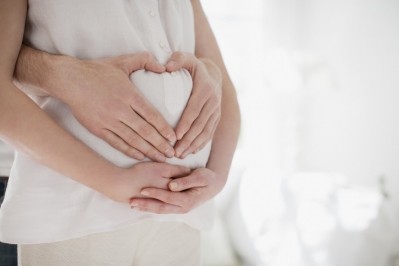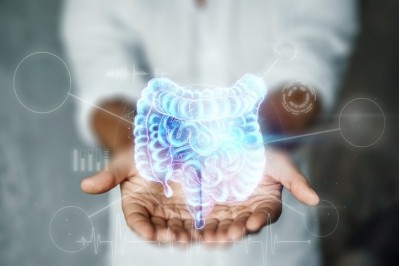Folic acid and iodine supplementation speeds up conception rate – new study

From 1950 to 2021, the global fertility rate dropped from 4.7 to 2.4 children per woman.
Previous studies suggested that micronutrient supplements have positive effects on female fertility, which led to an increase in supplementation among preconception women. Data shows that 63% of Caucasian women in Australia and 71% of Asian women in Singapore take supplements.
A study titled ‘Dietary Supplement Intake and Fecundability in a Singapore Preconception Cohort Study’ was carried out to examine the association between commonly consumed oral supplements and their impact on TTP.
The analysis was conducted using data from the Singapore PREconception Study of long-Term maternal and child Outcomes (S-PRESTO), which took place at KK Women’s and Children’s Hospital between February 2015 and October 2017.
Some 908 women of Chinese, Malay or Indian ethnicity, aged between 18 and 45 years, and who were trying to conceive, were enrolled in S-PRESTO.
Among the participants, 67.5% had taken supplements in the past three months before recruitment. Single or multi-supplements containing folic acid, iodine, fish oil, evening primrose oil, iron, zinc, selenium, and vitamins B6, B12, C, D or E were selected for analysis.
TTP is defined as the number of menstrual cycles needed to achieve pregnancy, while fecundability (measured by TTP) is the physiological potential of pregnancy within a menstrual cycle.
In total, the study recorded 8,307 menstrual cycles and 387 pregnancies.
It was found that women who consumed any type of supplement had higher fecundability, compared to those who did not. Specifically, folic acid and iodine users had significantly greater fecundability than non-users.
In comparison with participants who had no supplement intake, the TTP for women who consumed any supplement, folic acid and iodine were markedly shorter at 8.8 cycles (versus 9.85), 8.7 cycles (versus 9.6) and 8.25 cycles (versus 9.33) respectively.
“Our findings indicated that women who are trying to conceive could potentially benefit from taking multivitamin supplements containing folic acid and iodine. However, the exact dosage and frequency remain to be elucidated,” said the authors.
Despite a lack of clinical evidence, evening primrose oil is widely marketed as beneficial for fertility. Yet, it was the only supplement that showed an increase in TTP among users in this study.
“Although our study observed a lower fecundability among evening primrose oil users, the proportion of users is the lowest at 5%, which may have exaggerated the magnitude of association,” the authors explained.
Part of a holistic approach
Subfertility refers to any form of reduced fertility with a prolonged TTP. It is both a public health concern and a problem that affects individuals on a personal level. Couples that struggle to conceive typically suffer from a guilt complex, dissatisfaction with themselves and their marriage, and psychosexual disorders.
“While our findings could pave the way for intervention studies and public health policies to guide the use of preconception supplements, the emphasis for fertility-boosting nutrition should be on a healthy and well-balanced diet.
Micronutrient supplementation serves as an adjunct to other lifestyle modifications such as quitting smoking, regular physical activity and reducing alcohol intake,” said the authors.
A key limitation of the study was the exclusion of male factors that influence fertility. At the same time, participants with gynaecological problems that can affect fecundability were not excluded.
“The association between supplement use and magnitude of fecundability changes will need to be further confirmed with well-designed randomised controlled trials employing standardised doses of folic acid, iodine and evening primrose oil, along with compliance tracking,” the authors added.
Source: Nutrients
https://doi.org/10.3390/nu14235110
“Dietary Supplement Intake and Fecundability in a Singapore Preconception Cohort Study”
Authors: Chee Wai Ku, et al















